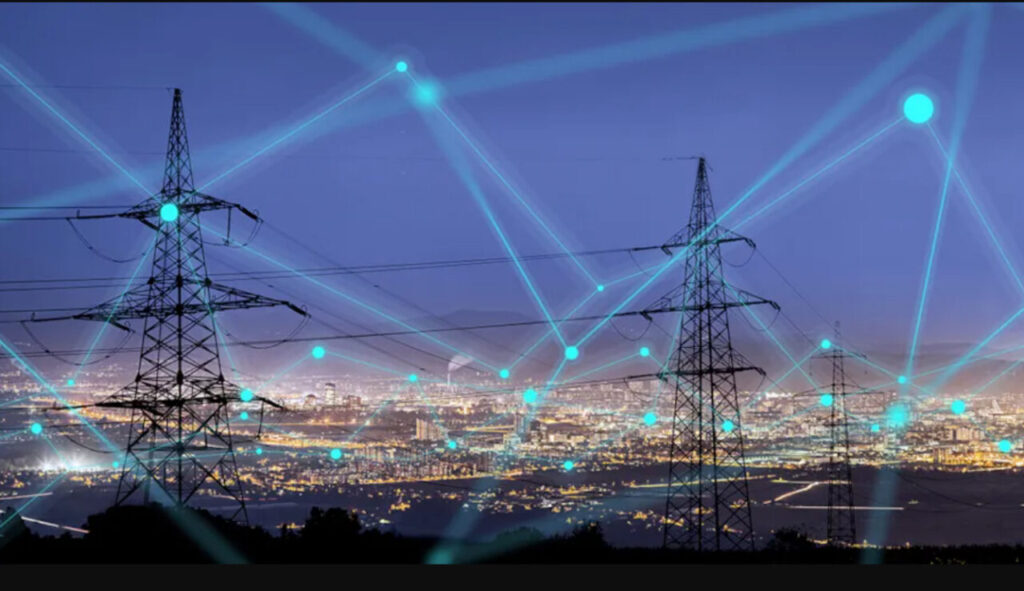Ofgem has published its findings from a consumer call for input on how AI might be used in the energy sector.
AI has the potential to revolutionise the energy sector through its diverse applications. It could be used to actively manage complex processes, such as supply and demand on gas and electricity networks, through to more tangible energy consumer interactions with energy suppliers.
In acknowledgement of this, and its expected integration into some part of the energy system, Ofgem commissioned London-based consultancy Thinks Insight and Strategy to gauge consumer attitudes to the technology.
The consultation found that AI integration and usage is seen as inevitable within the energy sector—AI tools are already in use. Overall, this is broadly accepted by consumers.
The research suggests that customers who have personally benefitted from a smart meter feel that the cost savings represent a positive way that technology can be used in the sector to benefit customers.
According to British virtual power plant provider Levelise, by 2026, all household electricity use in the UK will be settled on a half-hourly basis. Those with smart technologies stand to make significant financial gains while stabilising the grid.
However, the energy sector is considered ‘high stakes’—the biggest and most detrimental perceived risk is of supply interruptions or networks being damaged. This is deemed a high stakes issue not comparable to other sectors, due to the potential far-reaching impacts.
Participants did not necessarily have a view as to whether or not this would be more or less likely with AI (compared to completely manual operations). There was also not an understanding of how this might happen either way, they simply register it as a potential risk.
Other concerns included inaccurate bills due to unchecked AI calculations, AI not understanding a person’s specific situation or needs, for example during a customer service interaction, and data security.
The consultation showed that enquiries (about tariffs, for example) are considered low risk enough that AI use is acceptable, but that it should not be used in applications that would necessitate classification of vulnerable customers, or action taken based on that classification.
Ultimately, participating consumers felt that human oversight is crucial in building trust in AI use in the sector.
AI benefitting the energy sector – or not
In March, the government allocated £1.73 million to eight projects which focus on the development of artificial intelligence (AI) in the renewables sector.
These projects range from improving weather forecasting for solar energy production to helping consumers and businesses improve their energy efficiency and cut energy costs through AI-optimised energy efficiency software.
Ofgem said that consumers who participated in its call for input felt that smart grids could deliver rewards, although with greater risks.
Writing exclusively for Current±, John Langley-Davis, future network manager at Lucy Electric, wrote that AI-enabled grid monitoring is revolutionising how we maintain and operate our energy distribution networks.
The independent energy expert and assurance provider DNV’s New Power Systems report suggested that AI has the power to introduce efficiencies in both the provision and use of power. Remi Eriksen, group president and CEO at DNV, said: “Deep digitalisation, including the application of AI, is crucial for managing the increased complexity of a renewable-dominated power system.
“There will be a rapid growth in both information technology and operational technology in the coming years, which must be supported by a robust approach to risk management, particularly in cyber security, to reap the benefits of the new power systems.”
However, the power draw associated with the data centres facilitating AI could be a red flag for the energy sector. As grid infrastructure struggles to keep up with increased electricity demand, renewable energy generation projects could be competing with data centres for a connection.
In the same breath that it promised planning reforms would enable an uptick in renewable energy projects across the UK, the government suggested data centres could benefit, too.
Current± has previously explored the impact of AI on the electricity grid in a blog that can be read here.






